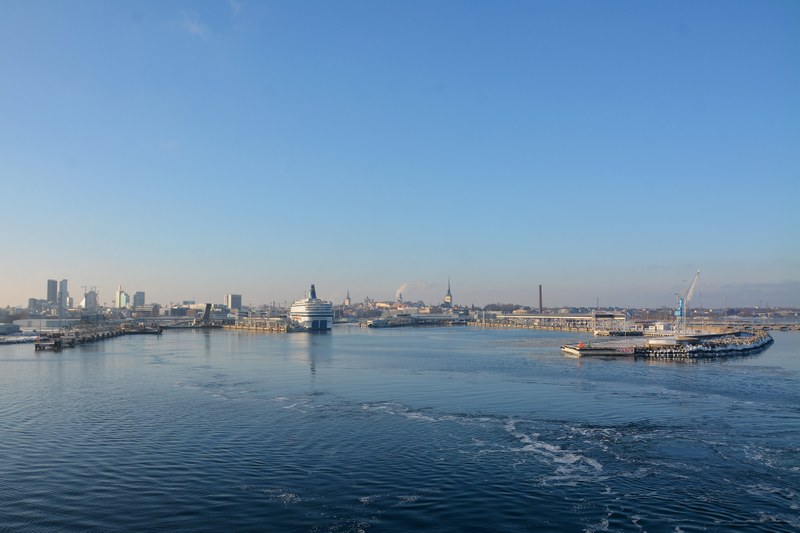Navigating Troubled Waters: EU Shipping's Green Dilemma Continues

Europe's maritime sector is charting a course towards sustainability, but must accelerate its journey to meet ambitious EU climate and environmental targets. The latest European Maritime Transport Environmental Report, jointly released by the European Maritime Safety Agency (EMSA) and the European Environment Agency (EEA), reveals both promising progress and critical challenges ahead.
The report highlights the sector's ongoing efforts to reduce energy consumption, minimize pollution, and cut greenhouse gas emissions while simultaneously protecting marine biodiversity. However, it also underscores the urgent need for more aggressive action in the coming years.
Maritime stakeholders are increasingly recognizing the importance of transforming their operations to align with stringent environmental regulations. From innovative vessel designs to cleaner propulsion technologies, the industry is slowly but steadily adapting to meet the EU's demanding sustainability goals.
While initial steps have been promising, the report emphasizes that significant additional investments and technological innovations will be crucial to bridging the current gap between existing practices and the ambitious environmental targets set by European policymakers.
As the maritime sector continues to play a vital role in global trade and transportation, its commitment to sustainability will be pivotal in addressing climate change and preserving marine ecosystems for future generations.
